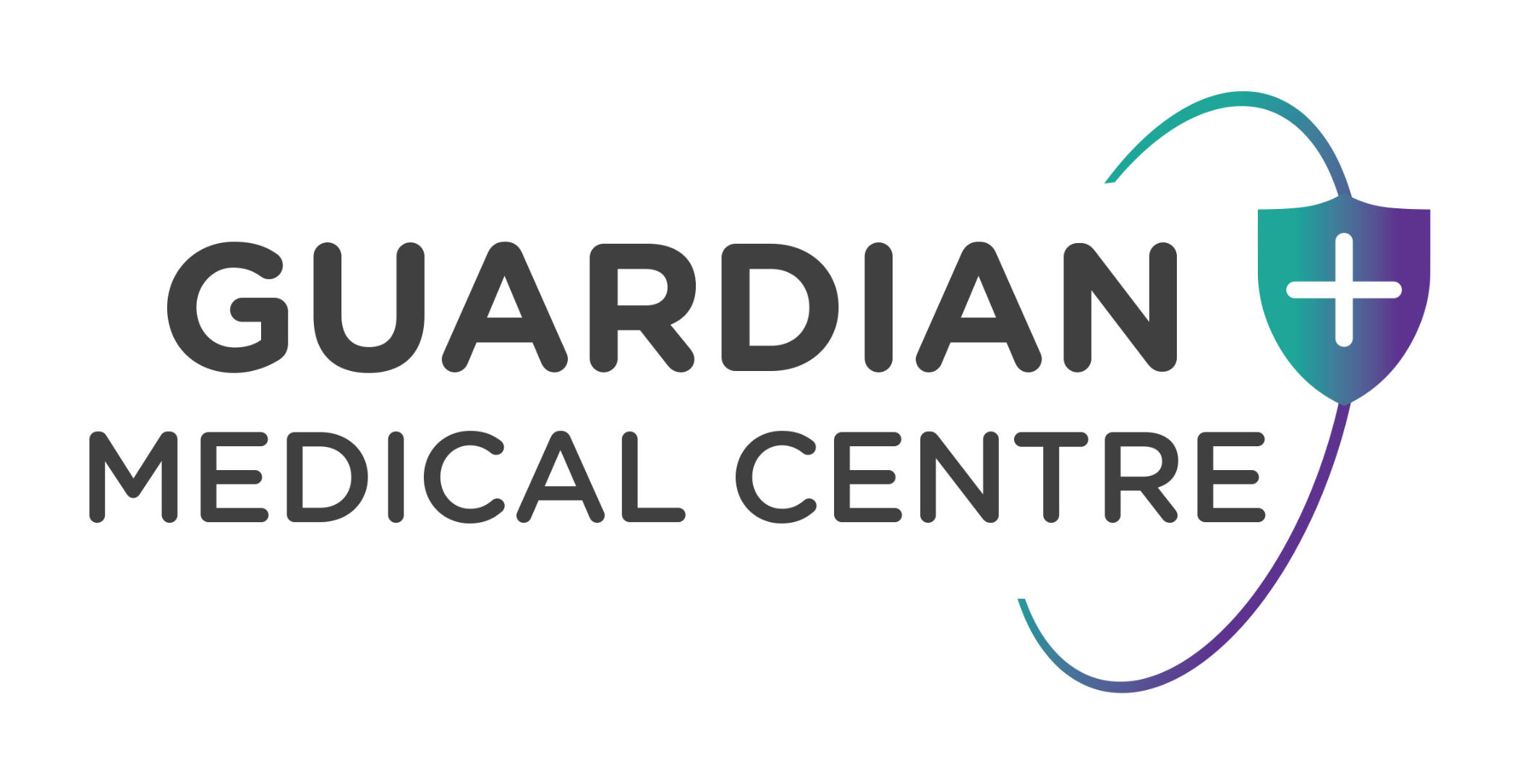Important information for Diabetic patients when unwell
Patients on the following medication can be at risk of Diabetic Ketoacidosis when they are unwell:
- Medication 1
- Medication 2
- Medication 3
- Medication 4
Diabetic ketoacidosis (DKA) is a serious problem that can happen in people with diabetes if their body starts to run out of insulin. When this happens, harmful substances called ketones build up in the body, which can be life-threatening if it's not found and treated quickly.
Diabetic ketoacidosis (DKA) mainly affects people with type 1 diabetes, but can sometimes affect people with type 2 diabetes. If you have diabetes, it's important to be aware of the risk and know what to do if you get DKA.
The symptoms of Diabetic Ketoacidosis include:
- needing to pee more than usual
- feeling very thirsty
- being sick
- tummy pain
- breath that smells fruity (like pear drop sweets, or nail varnish)
- deep or fast breathing
- feeling very tired or sleepy
- confusion
- passing out
You can get DKA if you have high blood sugar (hyperglycaemia) and a high level of ketones in your blood or urine. Symptoms usually start over a 24-hour period, but they can happen faster.
If you experience any of these symptoms it is very important that you do not stop your medication and get your blood ketone levels checked. This can be done at home if you have a monitor or call the medical centre to make a same day 'ketone testing' appointment with a member of the nursing team.
Diabetic Ketoacidosis (DKA) is caused by a lack of insulin in the body, which results in the body breaking down fat for energy. Ketones are released into the body as the fat is broken down.
If you have diabetes, certain things can make this more likely to happen, including:
- having an infection, such as flu or a urinary tract infection (UTI)
- not following your treatment plan, such as missing doses of insulin
- an injury or surgery
- taking certain medicines, such as steroids
- binge drinking
- using illegal drugs
- pregnancy
- having your period
Sometimes, there's no obvious trigger.
If you have symptoms of Diabetic Ketoacidosis, it is very important that you do not stop your medication and get your blood ketone levels checked.
Please contact the medical centre as soon as possible on 01925 650226 (option 1) and ask for a same day ketone testing appointment with a member of the nursing team.
If you are checking ketone levels at home, a normal ketone reading would be < 0.6mmol/L.
If you do a blood ketone test:
- lower than 0.6mmol/L is a normal reading
- 0.6 to 1.5mmol/L means you're at a slightly increased risk of DKA and you should test again in 2 hours
- 1.6 to 2.9mmol/L means you're at an increased risk of DKA and should contact your diabetes team or GP as soon as possible
- 3mmol/L or above means you have a very high risk of DKA and should get medical help immediately
